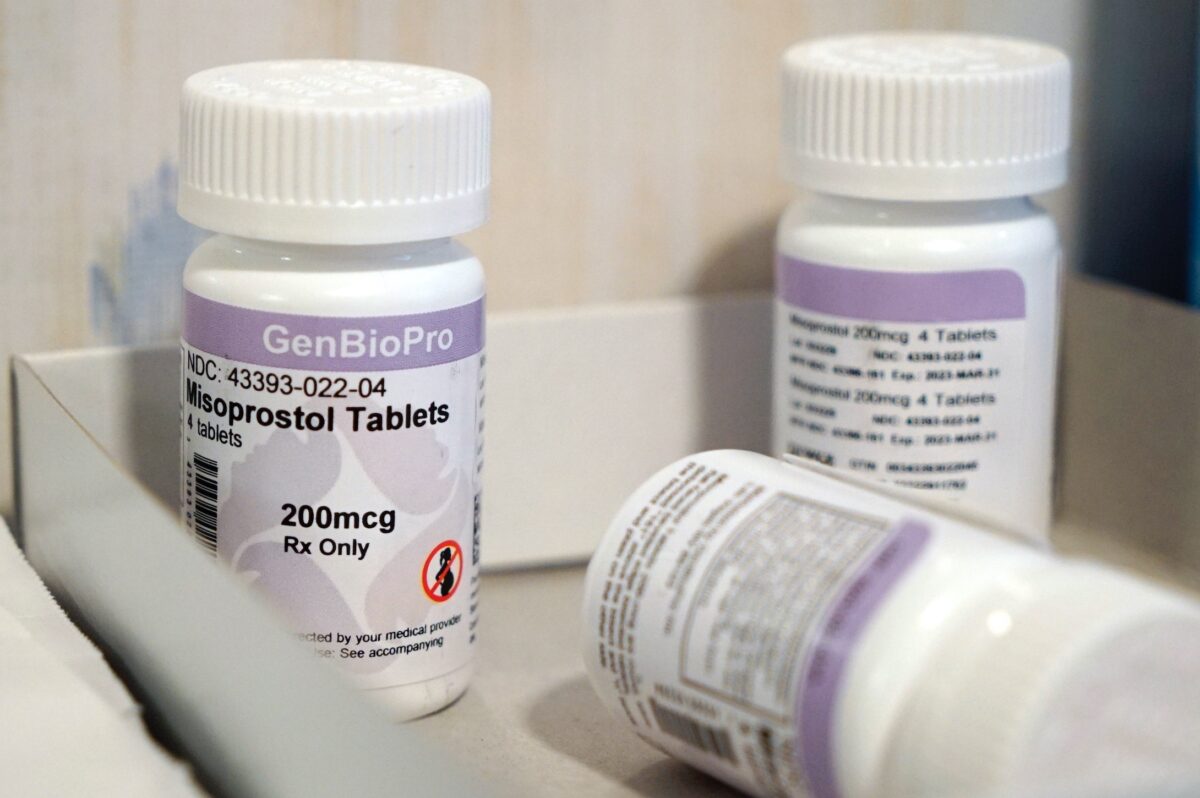Wall Street Journal Pans ‘Legal Stretch’ in Abortion Pill Case; Warns Conservatives Not to Nationalize It In the Supreme Court

AP Photo/Allen G. Breed
The Wall Street Journal editorial board argued that the move in Texas to restrict abortion medication is legally flawed, and it will be a rough topic for conservatives for as long as its fought in the courts.
The board released an op-ed on Sunday about Judge Matthew Kacsmaryk of the U.S. Northern District of Texas, who ordered a hold last week to suspend the FDA’s approval of mifepristone. The hold has been criticized by abortion rights proponents, and access to the pill has been plunged into uncertainty since a district court judge contradicted Kacsmaryk by ordering that the FDA is prohibited from taking any action that would make mifepristone less available.
In the op-ed, the WSJ board notes that the issue could wind up going before the Supreme Court. They acknowledge that this comes just about a year after abortion regulation became a states’ issue when the Court overturned abortion rights protections with Dobbs v. Jackson Women’s Health Organization.
“Many on the anti-abortion right and abortion-rights left are trying to nationalize it again via the courts,” the op-ed states.
The piece notes that the FDA approved mifepristone back in the year 2000, but Kacsmaryk was dealing with a case on the easing of regulations for its dispense. That’s when the op-ed critiqued the case and Kacsmaryk’s handling of it:
Federal Judge Matthew Kacsmaryk agreed but made several legal leaps. He blows past the plaintiffs’ failure to show a concrete and particular injury from the FDA’s actions, which is a threshold requirement to sue in federal court. If there is no injury in fact, there is no case or controversy for courts to adjudicate.
Plaintiffs claim that patients who suffer alleged adverse events from the drug could overwhelm the medical system and stress doctors. They also could potentially face increased medical malpractice and insurance costs if they had to treat more patients who suffered adverse events. But these harms are speculative.
There is also a six-year statute of limitations to challenge FDA actions in court. The window to contest the 2000 approval closed long ago. Judge Kacsmaryk ruled that the FDA reopened it when it eased regulations on the drug’s dispensing in 2021. But this is a legal stretch.
As for the merits, the plaintiffs have a point that the FDA stretched its regulations to fast-track the drug under its accelerated approval pathway “for serious or life-threatening illnesses.” Pregnancy is neither. But plaintiffs cherry-pick evidence on the drug’s safety and ask the judge to second-guess FDA judgments, which isn’t the role of the courts.
The op-ed recapped the political squabbles pertaining to the FDA’s administrative safety processes and predicted future legal challenges to various prescription drugs by partisans on both sides.
“The Justices in Dobbs sought to extricate themselves from regulating abortion, but partisans on both sides don’t want to let them,” it states. “The partisans don’t appreciate that the stakes in these two cases go beyond abortion. If pro-life groups or Democratic AGs prevail, we’ll likely see more partisan challenges to FDA approvals, such as for Covid vaccines or Alzheimer’s treatments. Regulating drugs isn’t the business of the courts any more than abortion is.”
The post Wall Street Journal Pans ‘Legal Stretch’ in Abortion Pill Case; Warns Conservatives Not to Nationalize It In the Supreme Court first appeared on Mediaite.from Mediaite https://ift.tt/zSJUoiQ



0 comments